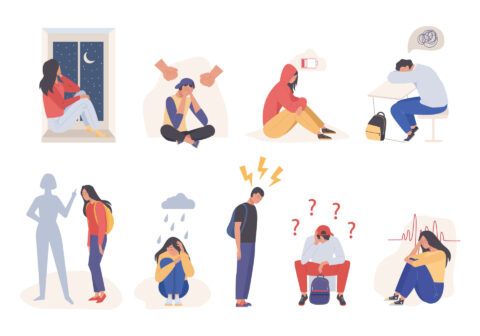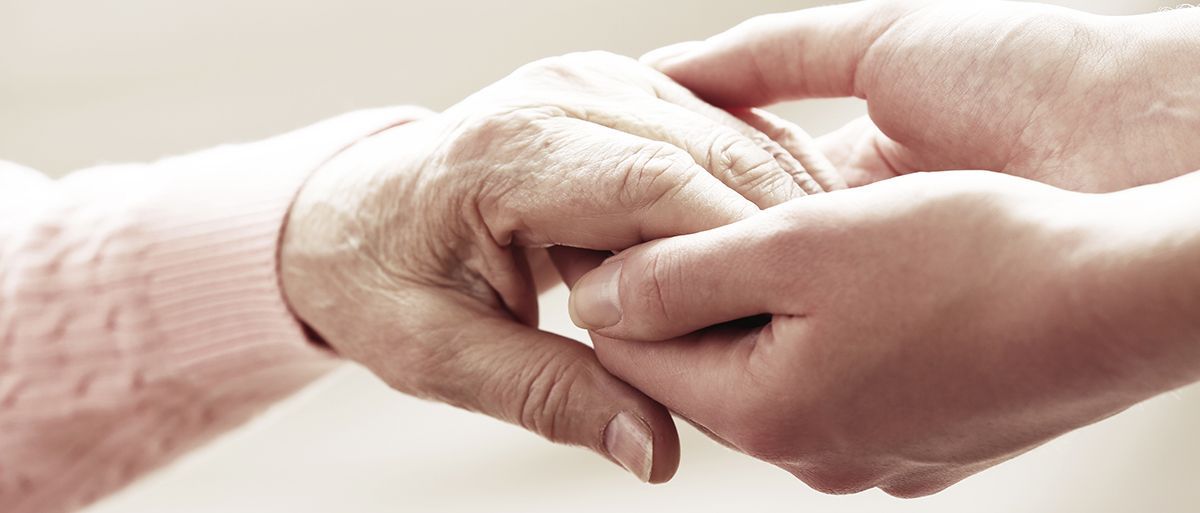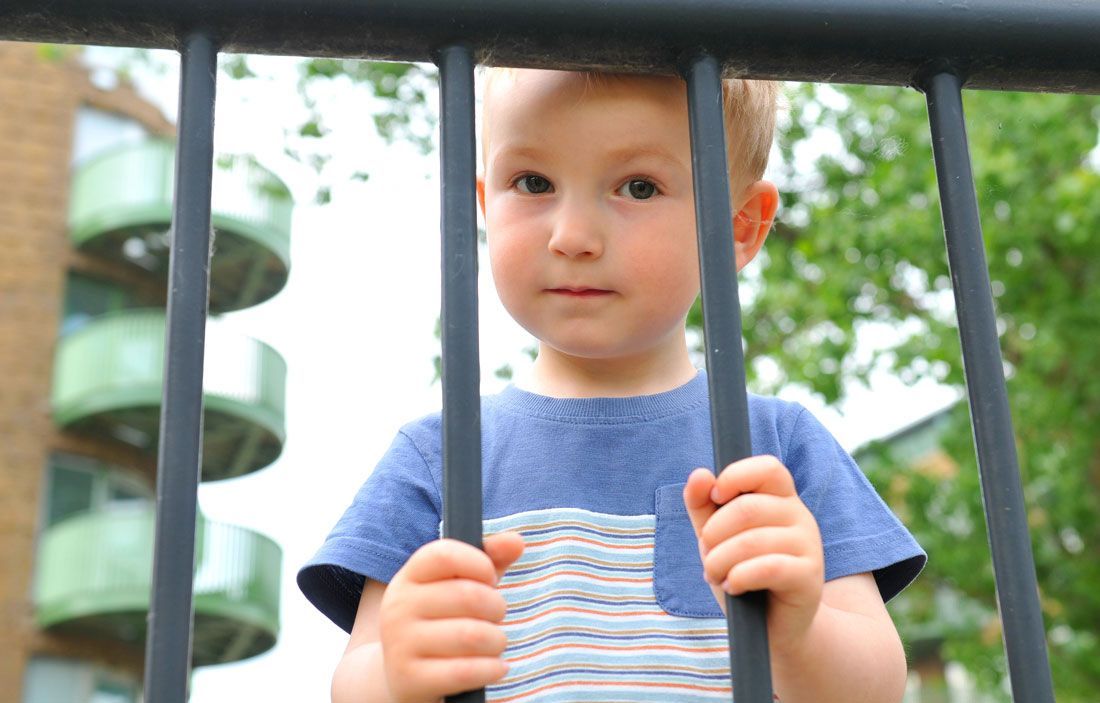Grief Integration

Written by Memorial Mortuary & Cemeteries in-house Grief Counselor, Amanda Nelsen
How can I get closure?
This is a question I hear on a pretty regular basis. And I completely understand what is behind it – we want to be able to put the painful feelings of grief behind us. We want to be able to feel normal, whole, and back to who we were. Unfortunately, for most people, the idea of closure with grief is a myth.
Over the years there has been an idea that in order to properly work through grief, you should reach an end point – or a resolution. That we should, at some point, feel settled in our loss. This was popularized by Elizabeth Kubler-Ross’s stages of grief, which make us believe that as we complete each stage we are heading towards an ultimate conclusion of grief. However, this is simply not the case for most people. For most people the goal is grief integration.
What is grief integration?
Put simply, it means that we accept the new normal of our life and that grief no longer dominates our thoughts and feelings. Grief will still be a part of your life – but you will have found a way to stay connected to and honor your deceased loved one and you are more familiar with how to handle the complexities that grief brings your way.
How do I integrate my grief?
For most people, time is going to be the most important part of integration (I know that “time” is a cliché with grief, but it is a cliché for a reason). But there are other tasks that help us integrate our grief as well.
Pauline Boss is a grief researcher who has focused on grief integration during her career. She identifies six guidelines to help people work with their grief:
1) making meaning out of loss;
2) relinquishing one’s desire to control an uncontrollable situation;
3) recreating identity after loss;
4) becoming accustomed to ambivalent feelings;
5) redefining one’s relationship with whatever and whomever they’ve lost;
6) finding new hope.
I think these guidelines can be realistic and helpful when figuring out what the path through grief might look like or what you are trying to accomplish during your grief work. As you can see, YOU are the one who gets to decide what each of these guidelines looks like for your grief – there isn’t one right way to accomplish any of these. (You can read more about Pauline Boss and her work here.)
Of course, there are some people that DO feel that they have an end point in their grief. I have talked with some people who feel that their grief is over – they mourned and they have “moved on” so to speak. And, I want to point out, there is absolutely nothing wrong with feeling that way. All of our minds work differently and all of our grief work will look different as well.
If you feel like you could use extra support with your grief, please reach out to Amanda Nelsen [email protected].
The post Grief Integration appeared first on Memorial Mortuaries.










Planning Ahead
Our staff guarantees we will carry out the arrangements you want, just as you directed. Once the plans have been arranged, you and your family can rest easy knowing those uncomfortable decisions have been made.

